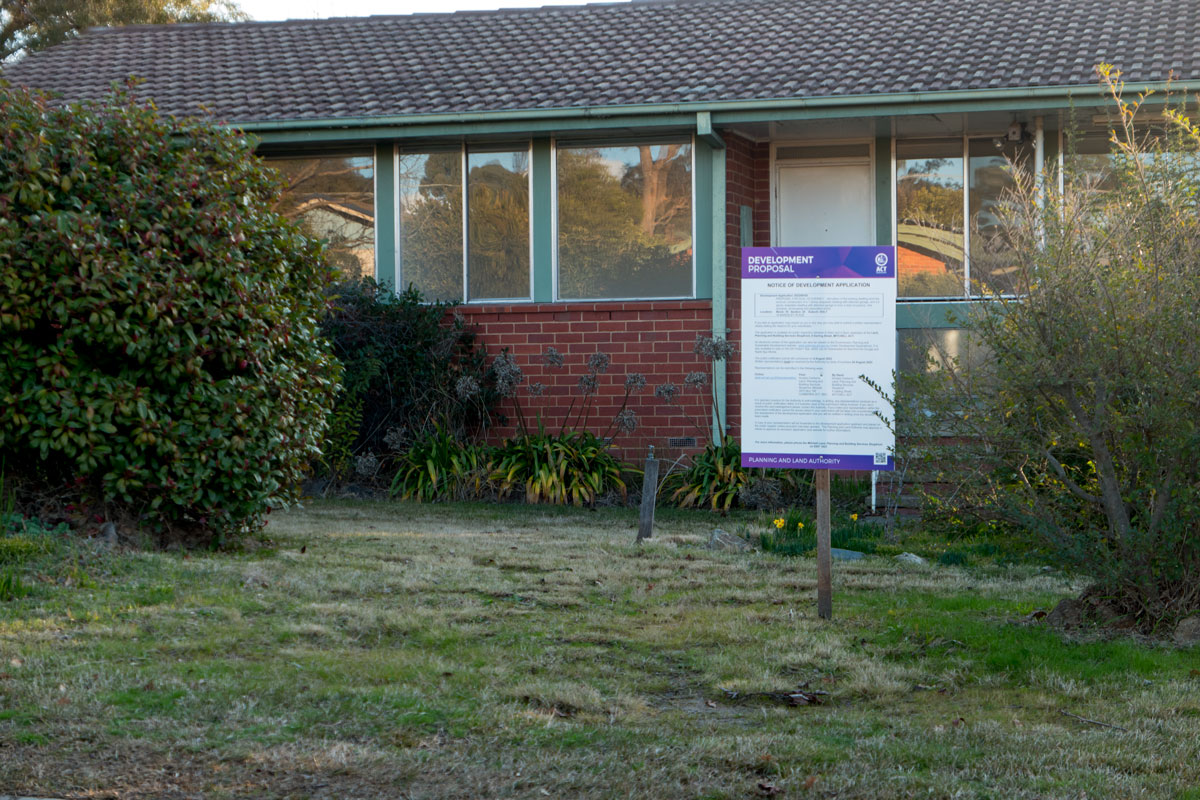
The ACT Greenslabor government regularly makes re-announcements about commitments to sometime soon provide homes that are sustainable. Continue reading Housing ACT as the rogue developer

The ACT Greenslabor government regularly makes re-announcements about commitments to sometime soon provide homes that are sustainable. Continue reading Housing ACT as the rogue developer
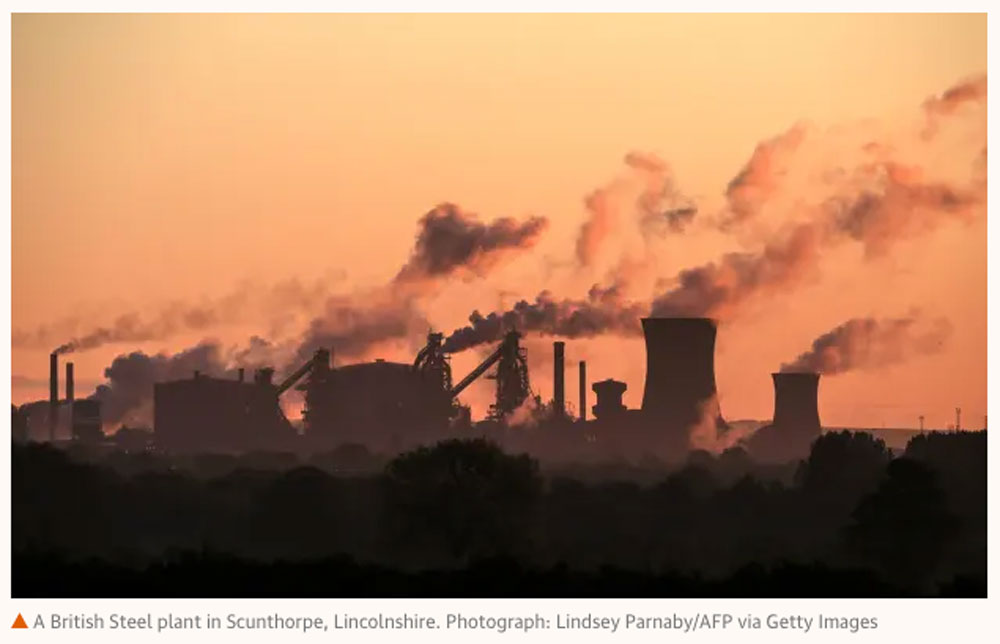
The humbug around the spin on taking actions on climate happens internationally, nationally and locally. Continue reading Climate Change humbug

Many residents who voted for the ACT Greens are disillusioned given how the partnership with ACT Labor has sidelined many planning, development, environmental, heritage and urban issues.
 We are still being governed by idiots – who will see the country suffer now and into the future to appease their own interests and their mates in the coal industry. The good news? They are guaranteed to be gone at the next federal elections.
We are still being governed by idiots – who will see the country suffer now and into the future to appease their own interests and their mates in the coal industry. The good news? They are guaranteed to be gone at the next federal elections.
Click here for the story.
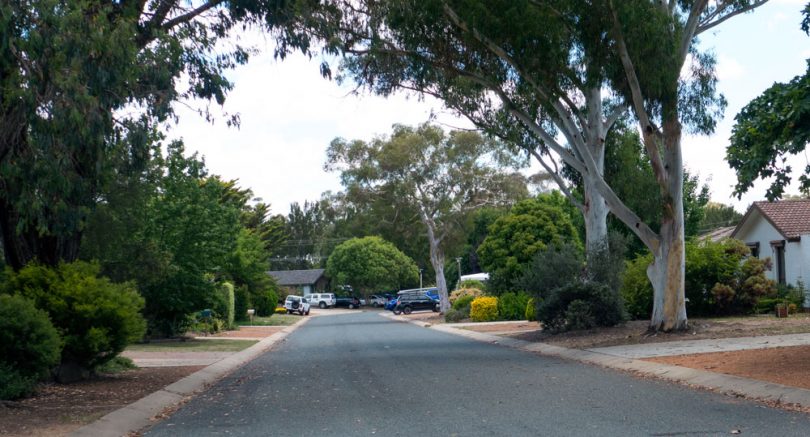
A couple of weeks ago I wrote on the threats to biodiversity caused through inappropriate developments across Canberra.
Continue reading Gungahlin – urgent climate adaptation required
we are being Turnbulled – over and over again.

A good article summing up the state of politics, where truth is an option to be discarded.
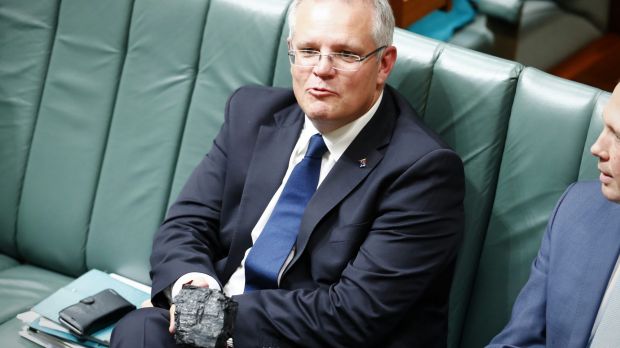 Very good article about how low Australian politicians have travelled – and their lies about the dangers of climate change. Click here.
Very good article about how low Australian politicians have travelled – and their lies about the dangers of climate change. Click here.
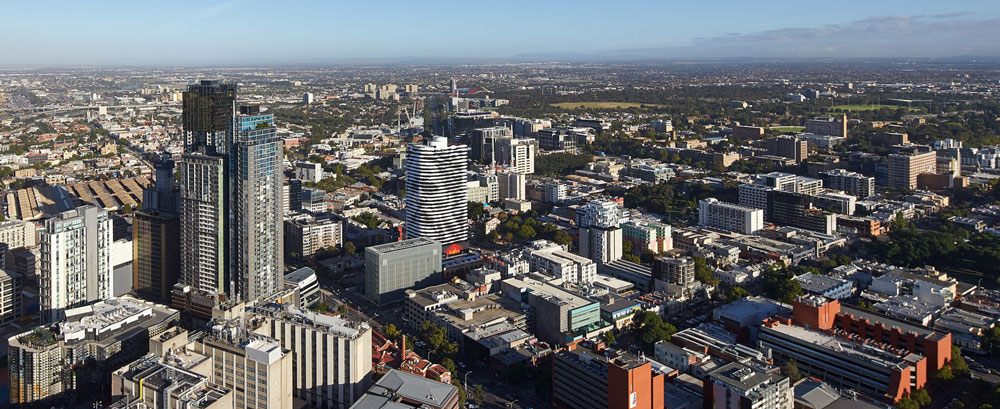 Again George has taken aim at one of the fictions of the modern economy. His article is headed: Consume more, conserve more: sorry, but we just can’t do both. Click here.
Again George has taken aim at one of the fictions of the modern economy. His article is headed: Consume more, conserve more: sorry, but we just can’t do both. Click here.
The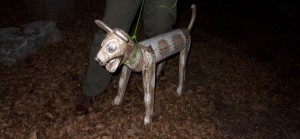 scandal around the use of diesel in vehicles has been coming for years. There have been numerous articles recently about the research on what the dangers there are to the environment and to our health from having diesel vehicles on the roads.
scandal around the use of diesel in vehicles has been coming for years. There have been numerous articles recently about the research on what the dangers there are to the environment and to our health from having diesel vehicles on the roads.
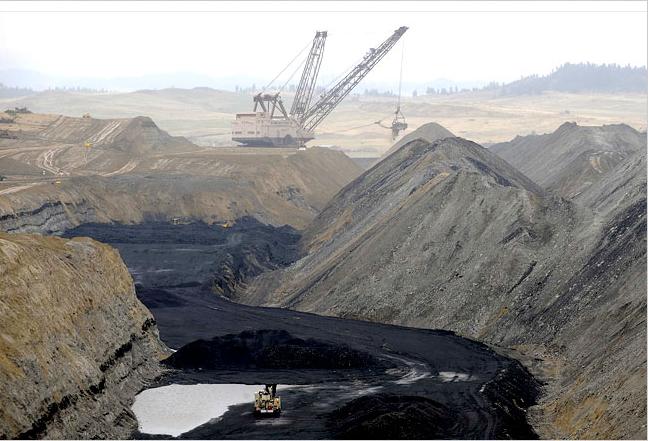 And now for something really silly – or maybe just naive.
And now for something really silly – or maybe just naive.
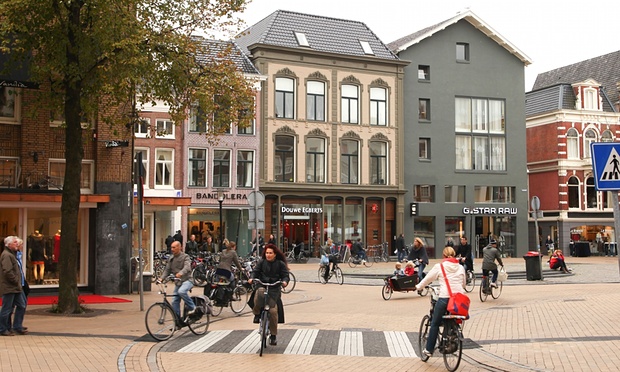
How many time have heard people (motorists) complain about any change to the traffic infrastructure to encourage more people to get on your bike.
 The US President has shown leadership on climate change. – click here.
The US President has shown leadership on climate change. – click here.
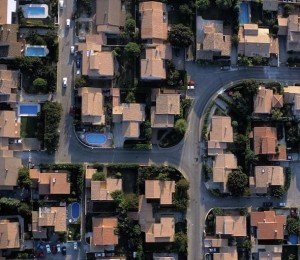
With reports about the coming of much improved batteries by which households will be able to store their solar power, the concept of whole suburbs going off the grid is starting to be discussed.
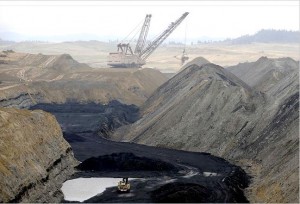 Many national governments, including Australia, persist in allowing Big Coal to influence its environmental and energy policies. However there is hope as a world-wide trend continues as corporations start to divest themselves of investments in the Big Coal companies.
Many national governments, including Australia, persist in allowing Big Coal to influence its environmental and energy policies. However there is hope as a world-wide trend continues as corporations start to divest themselves of investments in the Big Coal companies.

In Australia the government has completely messed up any opportunity to gain long-term economic sustainability for the country. We have just witnessed the current government do a dirty deal with another party led by a mining millionaire to do away with an opportunity for a just tax on the miners.
The Huffington Post presents a wonderfully optimistic report about a city that is often regarded as being a terrible example of urban development. I disagree. It has many things wrong with it but if you spend time there you can see that there are some really great things happening. All cities have their problems and many do not much to boast about.
At a conference organized by the National Council on Science and the Environment (NCSE) in Washington, D.C., Diana Ürge-Vorsatz, director of the Center for Climate Change and Sustainable Energy Policy at Central European University, said “spreading today’s best building practices could hold energy costs steady,” but the big question is “how to get the public and private sectors to work together to make transformational change.”
The session then outlined some more problems limiting action on climate change, and the transformational solutions needed to solve them. Interestingly one of the problems first identified was to do with higher education. Another was the decision making processes. There were others such as water and energy wisdom. See the report on this session on The Dirt (ASLA) – click here
Developed by the American Society of Landscape Architects, this presentation should assist anyone with their advocacy for Revitalizing Cities with Parks. In these times of reactionary governments and tight budgets, it is important to maintain efforts to introduce the simple idea to create more parks.
Developed by the American Society of Landscape Architects, this presentation will assist advocacy for more resource allocation for urban forests. Governments need to deal with climate change in the urban areas, and dealing with urban forests is a good place to concentrate some resources. The urban forest issues are linked to the population’s health and wellbeing and avoiding heat island effects.
From the Guardian (Friday 24 January): This Australia day, us underdogs will fight Big Coal to save Maules Creek. In the battle that is gripping my community, my fifth generation farming family and I are siding with traditional owners and environmentalists against miners to save the land we love; an article by Phil Laird.
This Australia Day, many of us will gather to reflect on and celebrate what’s great about our democracy. It’s our good fortune as a nation to be blessed with abundant natural resources that are our common wealth. Our fertile land, clean air and water underpin our country’s agricultural heritage, which has fed and clothed us. Australia’s native wildlife is unique, and the bush where Australians walk, fish, hunt and camp is habitat for the animals that are emblems of the country itself. Traditional owners of the country have the longest continuing culture in the world, and a connection to the bush that goes back tens of thousands of years. click here for the Guardian Article
Reporting on research being undertaken
You are urged to ‘watch this space’ for research and reports by scientists who have been carrying out research on Urbanism, Climate Adaptation and Health. To quote from their website:
Safeguarding future health in Australian cities, The CSIRO Climate Adaptation Flagship has funded scientists and researchers from a range of disciplines to develop adaptation strategies which will improve the health of urban populations in the face of a variable and changing climate.
The Urbanism, Climate Adaptation and Health Cluster was established in 2010 and officially launched in March 2011 at a Conference in Cairns, bringing together nine different partner organisations focusing on 7 major research projects.
(cross posted from our other blog)